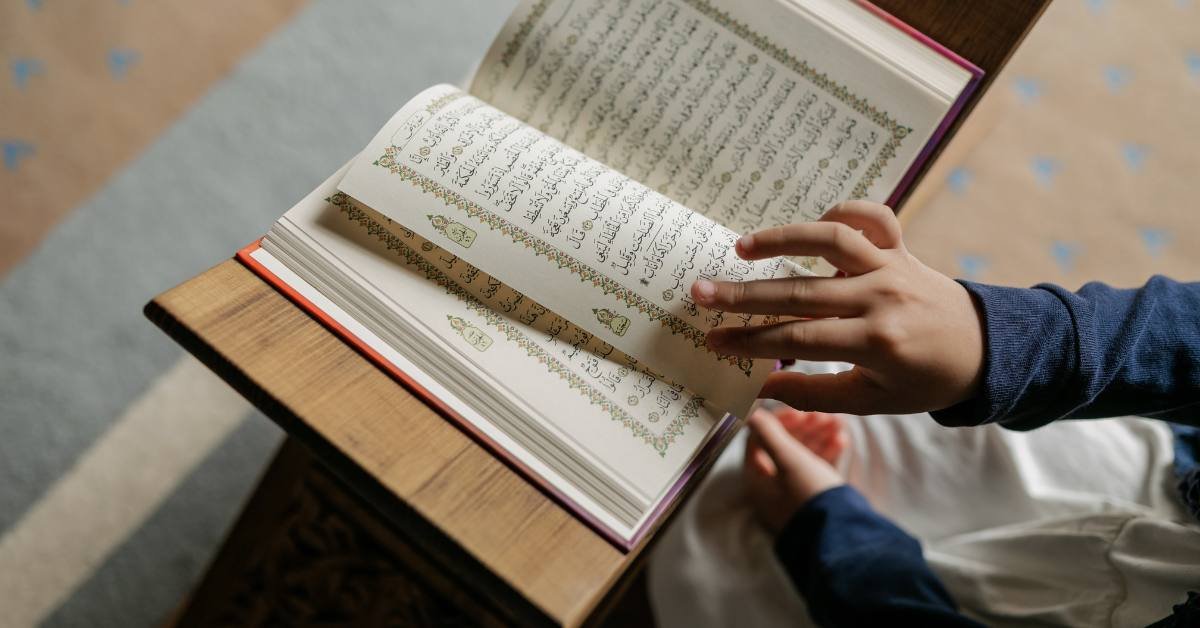The Quran, a constant source of guidance, recently offered me a deeper understanding of a verse in Surah Al-Fatihah, the opening chapter. Today, I want to share my reflections on the words “Iyyaka na’budu wa iyyaka nasta’in” (Thee alone do we worship and Thee alone do we implore for help).
True Worship Requires Complete Submission
The word “na’budu” (we worship) comes from “abd,” meaning a servant devoted to God. True worship isn’t just about rituals; it’s about complete humility and submission to God’s will. It requires a deep belief in His Oneness and a heart filled with devotion.
Worship Comes Before Seeking Help
The verse cleverly places “na’budu” before “nasta’in” (we implore for help). This signifies that our first impulse after recognizing God is to worship Him. Only then do we realize our need for His help to fulfill that very worship.
God Alone is Worthy of Worship and Help
The emphasis on “Thee alone” (iyyaka) highlights two important truths. First, only God deserves our worship. No other being has the power or right to be worshipped. Second, only God can truly grant the help we need. Our success in worshipping Him ultimately depends on His guidance and support.
Strength in Unity: Worshipping and Seeking Help Together
The use of “we” in both “na’budu” and “nasta’in” carries a powerful message. We are not alone in this journey of faith. We Muslims are a community, and we should strive to worship and seek God’s help together. By supporting each other, we can strengthen our resolve and create a more positive environment for everyone.
Free Will and Predestination: Finding the Balance
The verse subtly addresses the ongoing debate about free will and predestination. By using the words “we worship,” the Quran acknowledges our freedom to choose the path of righteousness. However, “we implore for help” reminds us that we may face limitations and need God’s guidance to overcome them.
This verse offers a beautiful solution – we are free to choose, but we still rely on God’s help to walk the right path. He removes obstacles and empowers us to stay on course.
From Contemplation to Connection: The Power of Addressing God Directly
The shift from referring to God in the third person to the second person in this verse might seem unusual. But it’s not a grammatical error. As we contemplate God’s magnificent attributes mentioned earlier in the chapter, a feeling of love and devotion arises within us. We naturally shift to a more personal and direct address, pouring our hearts out to our Creator.
The Quran isn’t just a book of theory; it’s a guide for spiritual growth. By allowing this natural shift in language, it connects us more deeply with God and motivates us to offer our complete devotion.
A Conversation with God: The Gift of Surah Al-Fatihah
This verse in Surah Al-Fatihah is a beautiful conversation starter with God. By contemplating its meaning, we recognize His absolute power, seek His guidance, and express our unwavering devotion. This simple yet profound verse has deepened my faith and ignited a desire to be a better servant of the Almighty.





